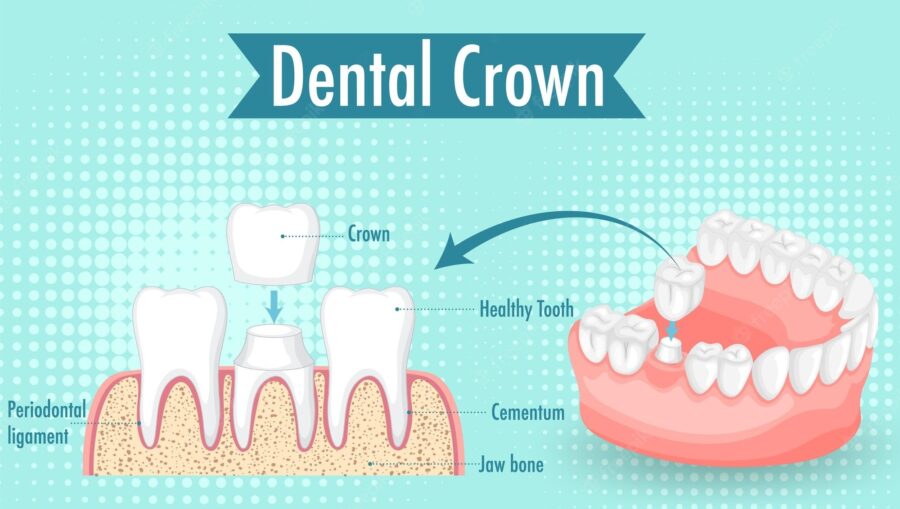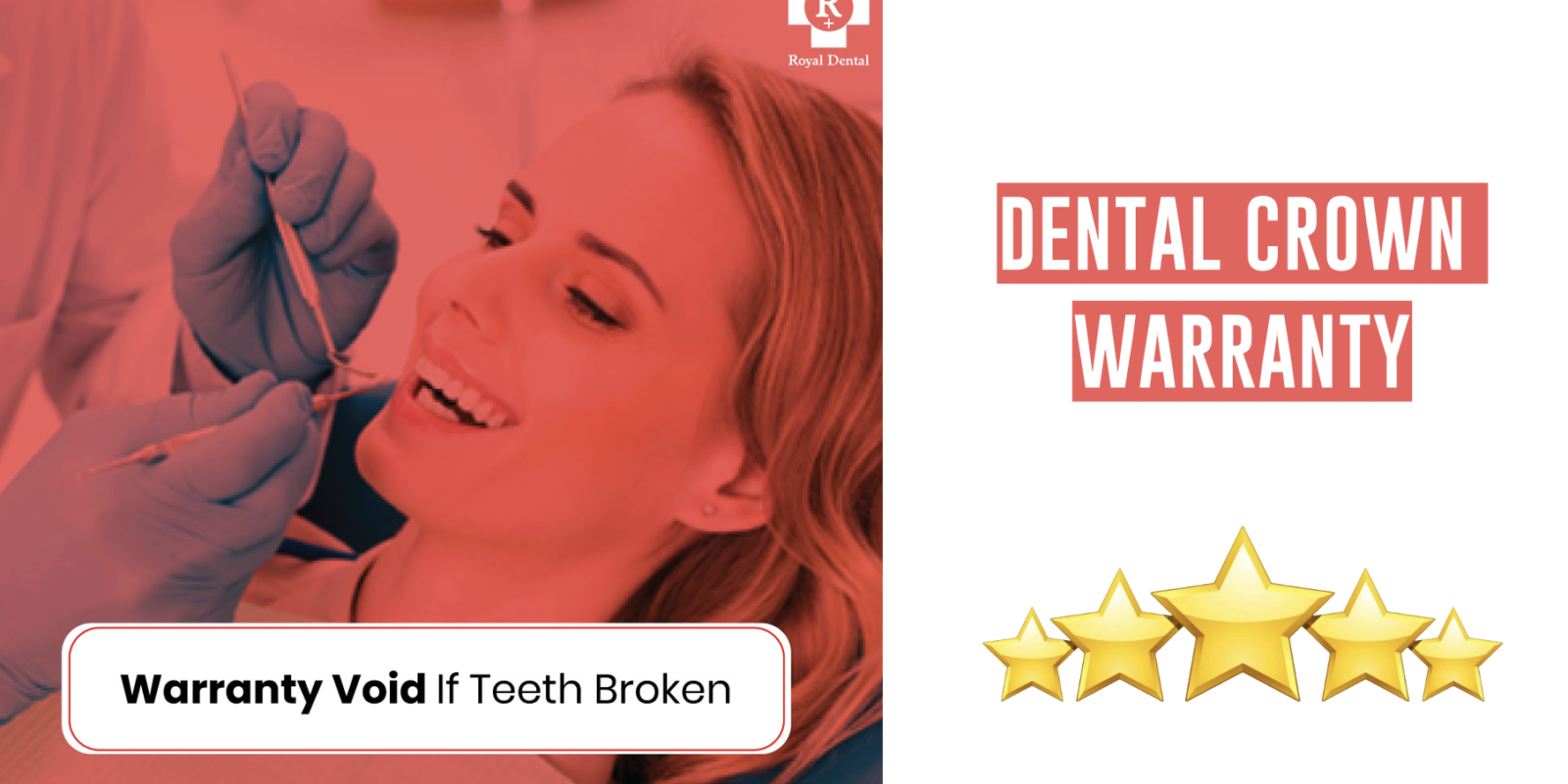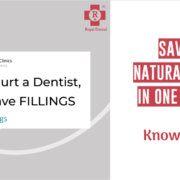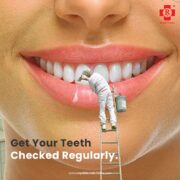Dental crowns can be an excellent solution for patients who have weakened tooth and want to either preserve it or restore it to natural shape. While they are more commonly associated with aging adults, crowns are also used on teenagers. In some cases even children as young as 5 years old, especially when the risk of fracture is high. If you’re wondering if dental crowns are safe, then you’ve come to the right place. This article covers everything you need to know about crowns for damaged teeth in order to help you make the right decision for you.
It depends on the material in the crown. Although crowns made from porcelain, composite resins, or gold pose no risks, crowns made from metal based could pose issues. This is because the combination of metal and magnets could be a problem.
What does a Dental Crown do?
A dental crown is a device that is used to restore a tooth after it has been damaged or decayed. It can be used to strengthen teeth that are naturally weak or breakable. This damage could be due to past dental work, tooth decay, or they can be utilised to replace missing teeth. They are created by taking an impression of the area with the damaged tooth and moulding a special material around the teeth.

Crowns can be made out of a variety of materials, including gold, porcelain, and ceramic. They are cemented onto the tooth to create a strong seal that protects the tooth from further breakage. Beyond these basic functions, it can also be used as a cosmetic device, covering a discolored tooth or a tooth that is too short. This cosmetic use is not common, but it is a possibility.
How do Dental crowns work?
When you go to the dentist to get a dental crown, the first thing that will happen is a tooth cleaning. The dentist will clean your teeth and gum line to get rid of any tartar or plaque that may be holding bacteria. If there are any cavities, the dentist will use a small drill to remove the decayed or broken part of the tooth and flush your mouth out with a special solution to kill bacteria.
The dentist will take an impression of your teeth to create the model of the crown. This may take a couple of tries because crowns need to fit snugly, but with a bit of pressure, they should be a perfect fit. The dentist will fit the crown onto your tooth and use a special dental cement to set it in place
Side Effects of Dental Crowns
Dental crowns are very safe, but they can sometimes cause some mild side effects. Although these are rare, you should be aware of them if you are considering dental crowns.
Swelling of the gums – This is not very common, but if it does occur, it usually goes away after 24 hours.

Tooth sensitivity – This is a very common side effect, but it usually goes away within a week after the procedure.
Discomfort while eating – This is also a very common side effect and usually goes away within a few weeks.
Loosening or shifting of crown – This is a rare side effect, but it can happen if you grind teeth or have an illness that makes you salivate too much.
Are Dental Crowns safe?
Dental crowns are very safe. But like with any procedure, there are some risks. The main risk with it is that the tooth may fracture or break. While this could happen with a filling, it is more common with crowns because they are put very tightly on the tooth. If the tooth breaks, you may need to replace the crown with a more permanent solution. Another possibility is that your tooth may become more sensitive. This is because the dental crown may be placed too tightly on the tooth. If this happens, you will need to tell your dentist so they can loosen the crown.
Dental Crown vs Filling
Aesthetics – While a filling can be designed to blend in with your teeth, a dental crown will stick out from the surrounding teeth. This may be preferred for some patients, especially if the tooth is discolored.
Strength – A crown is much stronger than a filling. This means that it is better for the long-term health of the tooth.
Long-term durability – A filling may eventually wear out and need to be replaced. Crowns can last for decades if taken care of properly.
Conclusion
Dental crowns are a safe and effective way to improve your oral health and help you maintain good oral hygiene. While they will stick out from the tooth they are put on, they can help improve the appearance of your teeth. If you have a tooth that is decayed or damaged, a dental crown may be the right option for you. While the materials used to make crowns are strong and durable, they can still crack over time. Small cracks can sometimes be repaired, but if there are multiple chips or breaks, your restoration may need to be replaced.
Follow Us For More Updates





